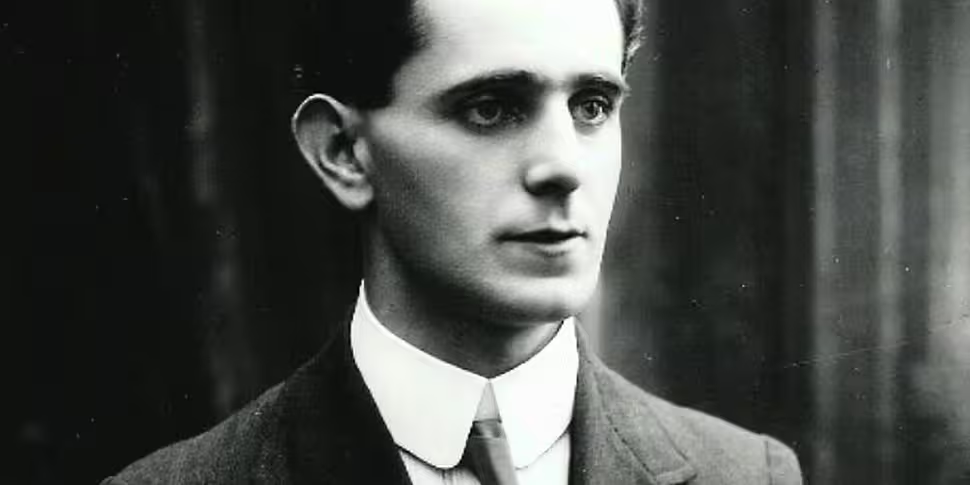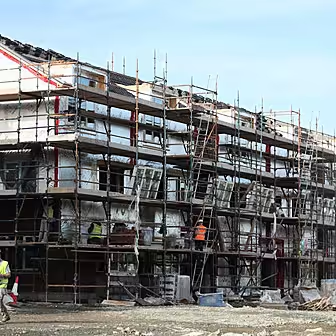One of the most pivotal men of 1916, the secret to Seán Mac Diarmada's revolutionary inclination lies in his past. Born in Leitrim in 1883 Mac Diarmada grew up surrounded by homes that had been abandoned since the Great Famine, as well as other reminders of Ireland's hard history under British rule.
These early seeds of resistance grew during Mac Diarmada's school days, under the tutelage of the Irish Christian Brothers, and by the time he moved to Dublin in 1908 he had already built up strong ties with a number of Irish separatist movements; most important amongst them the IRB.
His role in this organisation would quickly grow and by 1910 he had been elected to the Supreme Council, elected secretary, and made one of the IRB's national organisers. That same year he founded the radical newspaper, Irish Freedom, with Bulmer Hobson and Denis McCullough. Over the following years though he would drift closer to the old Fenian Tom Clarke.
This new relationship would see Mac Diarmada become one of the main organisers of the 1916 Rising. Though left with a bad limp after contracting polio, Mac Diarmada joined the garrison in the GPO. One of the seven signatories of the Proclamation of the Irish Republic, Mac Diarmada was sentenced to death and shot on the 12th of May. Only 33 years old he had almost evaded capture by slipping away with a crowd of regular prisoners, which makes his final letter all the more poignant:
"I feel happiness the like of which I have never experienced. I die that the Irish nation might live!"
In the subsequent years though Mac Diarmada has become overshadowed by other figures from 1916. But how did this man, dubbed 'The Mind of the Revolution', become so overlooked by history? And will his role of planner and organiser always play second fiddle to that of the more articulate ideologues?
Join Patrick as he explores the life and legacy of Mac Diarmada with a panel of experts.









